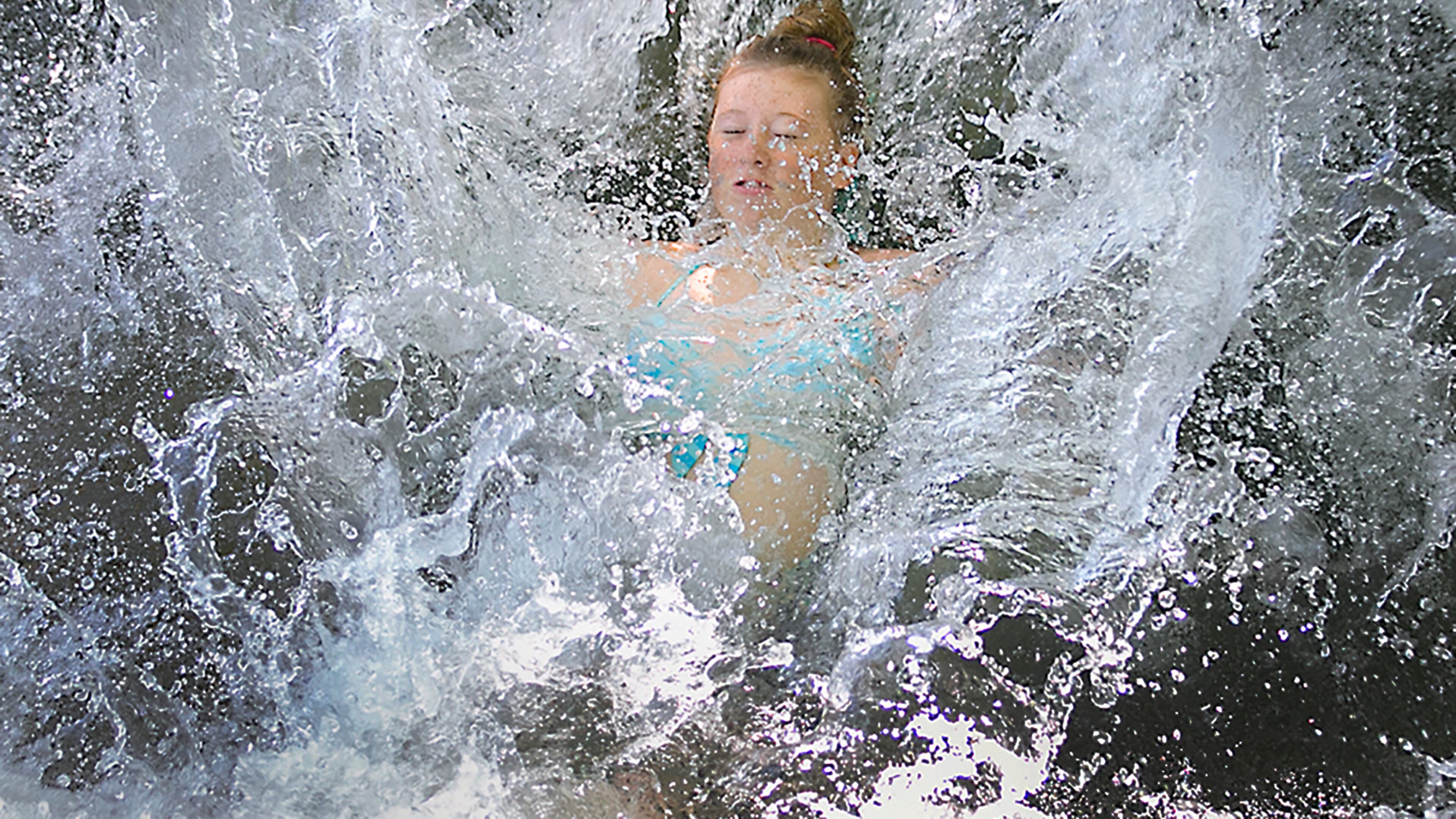There is a cure for those summertime blues -- diving into quality summer learning

Jane Williams is a longtime broadcaster and podcaster, most recently as host and producer of the radio program Bloomberg EDU. An education advocate, she chairs the board of the nonprofit Horizons National and serves on the board of WNET and the advisory board of Learning Heroes.
By Jane Williams
Summertime is a period of great vulnerability, especially for our most vulnerable populations. With summertime in full swing, it’s essential that we think seriously about how failure to address the needs of low-income students and their families in the dog days has the potential to hamper efforts to close educational opportunity gaps all year long.
Standing at the edge of the giant pool at Georgia Tech watching 6-year-olds learn to swim, one sees this firsthand. This particular set of soon-to-be-swimmers had come to the pool through Horizons, one of a growing group of national programs focused on the weeks between the last day of one school year and the first of the next as a make or break period for America’s students. The children were nervous and excited and determined. They were in, quite literally, over their heads.
As chair of the Horizons board, I know the research and rationale driving that day’s programming well. Summer exacerbates gaps in educational opportunity – with low-income students losing ground while higher-income students pick up steam. Considered in light of a growing body of scholarship around the importance of non-academic factors that impact a child’s academic success – traits like grit and resilience – we see the tremendous, untapped potential of high-quality summer learning.
Researchers from the University of Chicago recently identified four mindsets students need in order to persist past academic challenges: that they belong in their academic community, that ability and effort are linked, that success is possible, and that doing the work has value for them.
For families of economic privilege, these mindsets are fostered all summer long. Summer brings art and science camps, sports teams, swim lessons – all sorts of forums for kids to stretch, grow and develop a sense of mastery. Families with more limited means, meanwhile, face more limited options and the significant academic consequences that come with them. If we care about making our schools more equitable, we must be attentive to what happens outside of them.
New research calls the need for this into particular focus. According to a recent study by Learning Heroes, an organization that helps parents help their children succeed in school, 90 percent of parents believe their child is performing at or above grade-level in reading. This includes 84 percent of parents in households with an income below $35,000. In reality, only a minority of students reach this bar. According to the National Assessment of Educational Progress, about a third of fourth graders are able to meet this bar for grade level proficiency, with low-income students struggling in particular.
In this painful gap between parent perception and reality, we see the need to greatly enhance access for low-income families, particularly when school lets out and the supports of the academic year fall away. Parents need a clear picture of where their kids stand and a viable path to helping them get where they need to be. Just as we look at our students holistically, we must take a holistic view of the year. Summer simply has to be a part of a larger, year-round whole.
When we take this seriously, we see what’s possible. At programs like Horizons, students make friends, go on field trips, learn to read, dance, draw and swim, and join a lasting community that becomes a cornerstone. Along with months of progress in reading and math, they develop the mindsets and experiences that set them up for success come September. In short, they go back to school more ready than before.
This summer, we have a chance to usher in a new era in the effort to deliver on the promise of equal educational opportunity. This begins with recognizing the right of all students to high-quality summer experiences and the need to support their parents in securing them. The extent to which we’re able to do this has the potential to significantly accelerate our efforts to do better by all kids. Like the aspiring swimmers at Georgia Tech, I hope we’ll dive right in.
More Stories
The Latest



